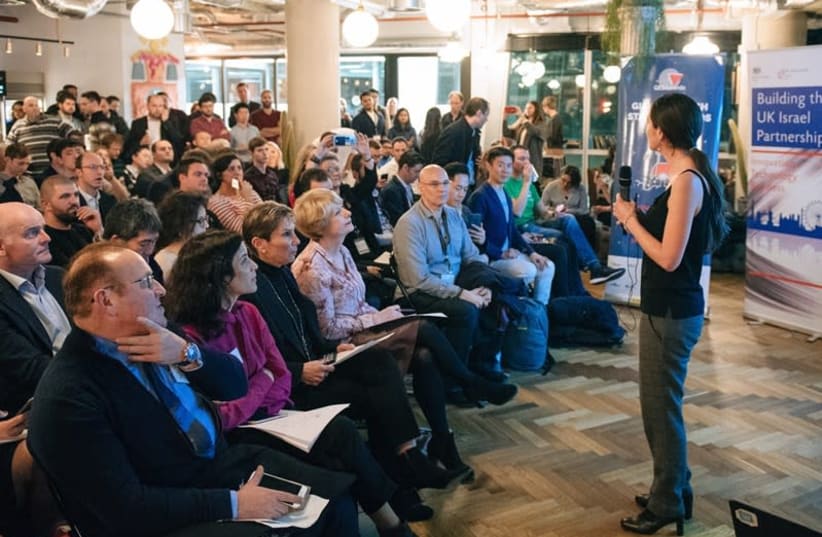Israeli initiative gives global voice to educational technology
Israeli organization MindCET, established by the Center for Educational Technology (CET), believes it has the answer to fill the void across the world – and it all depends on innovation.
